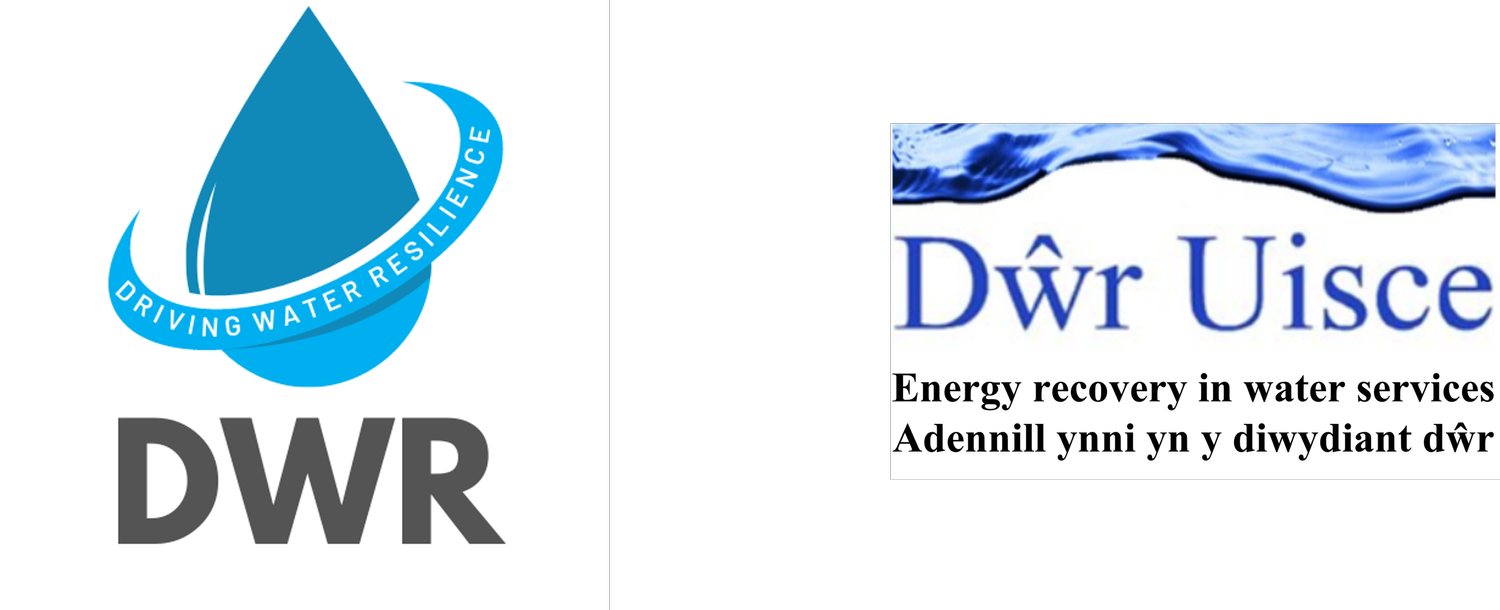Isabel Schestak
How can we make a decision about the most suitable “green” solution of a problem if there are multiple interests at stake, of environmental, social and economic nature? This was one of the hot topics discussed at the SETAC Europe Annual Meeting 2021, which was held online. An example for a method combining environmental and economic objectives is the eco-efficiency assessment.
I presented a poster on my study looking at how the eco-efficiency of water and energy use in a distillery can be improved by recovering heat. Several process streams and the by-products are suitable heat sources which can serve to save up to 25% of heating fuel, as could be shown in a case study on whisky production. However, as additional equipment has to be purchased and installed for heat recovery, it also comes with an environmental footprint and at a financial cost. The eco-efficiency assessment showed that both environmental and economic burdens are by far outweighed through the savings, and that despite requiring most equipment, it can be recommended to recover heat from all possible steps in the whisky making process. The investment costs can be paid back in less than 2 years.
The conference was organised by SETAC, the Society of Environmental Toxicology and Chemistry, and spans a great variety of topics much beyond sustainability assessment, including transport of micro-plastics in the environment, insect decline or anthropogenic stressors in polar regions. Despite being held as a virtual event, there were plenty of opportunities for engagement and networking. The on-demand program was complemented by live discussions to every topic and life keynote presentations. Chat functions under each contribution served as another way of interacting personally with an author.
Our thanks go to Arbikie distillery for the fruitful collaboration enabling the heat recovery study and the funders of the Dwr Uisce project for supporting the participation to the conference.
Heat recovery options in a whisky distillery. Heat can be recovered after mashing (1.), at the two distillations (2.) and from the by-products pot ale and spent lees (3.). This can save up to 25% of heating fuel in the boiler, plus water for the boiler, for cooling or for cleaning. Dotted line: study boundaries.


